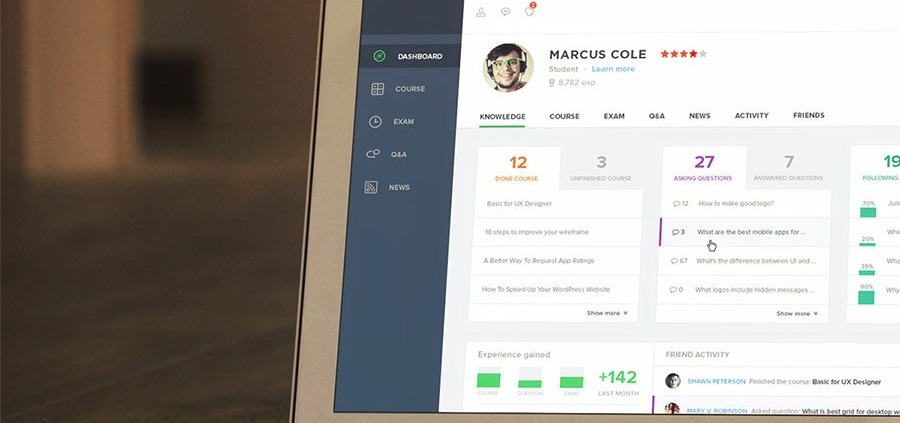Following Best Practices is the Worst Idea
We all need guidance and a little instruction sometimes. With a world of knowledge at our fingertips, we constantly seek information to help us do things smarter, faster, and better.
If you’re anything like me, you’ve probably Googled “best practices” for a topic or skill you want to learn about many times. This produces an abundance of resources written by esteemed professionals and industry experts who have mastered that craft.
But we should think twice about this approach in our quest to be the best. Following best practices is the worst idea.
Why? Because you’re following.
If a certain strategy or method is deemed a best practice, that means it’s been done. Over and over again. Countless times. Like a new Rihanna song on the radio, it’s been played out. And when you’re played out, you’re tuned out.
By the time you implement this “best practice,” it’s commonplace, standard, ordinary. But you and your original ideas have the potential to be unique, memorable, and extraordinary. That is, before you let the influence of the Internet restrain your ideas, disrupt your creativity, and inhibit your imagination.
Let me clarify. I’m not insinuating that we can’t learn from what’s been proven to work effectively. I’m a teacher for crying out loud — I share tried and true strategies with my students all the time. Certainly there are lessons we can take from others’ successes to elevate our own work and optimize our time.
But you shouldn’t sell yourself short. Before you run to Google, let your imagination run wild. Before you search for answers, take the next step to search within yourself. Exhaust your creativity, write down your ideas, and define them. Give yourself a fair shot at developing an idea or strategy the way YOU think is best. Get clear on your unique vision without the Internet painting it for you.
Too often, we look for inspiration by analyzing what our competitors are doing and trying to emulate it. Why follow their lead when you can lead the way? This is how you end up as just another player in a crowded category, drowned out in a sea of sameness.
To quote one of my favorite authors, Sally Hogshead, “It’s good to be better, but it’s better to be different.”
In a cluttered and commoditized world, don’t second guess your originality and creativity. Exercise your right to try things your way, and take risks. Not only will you stand out and get noticed, but your audience will thank you for your authenticity.


